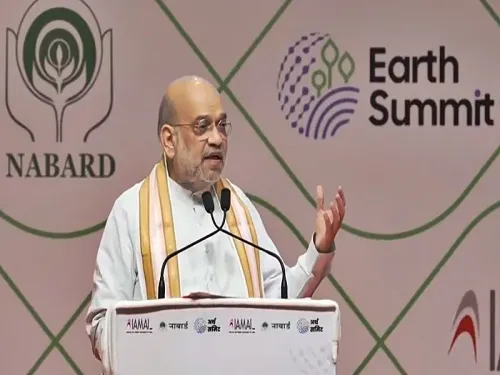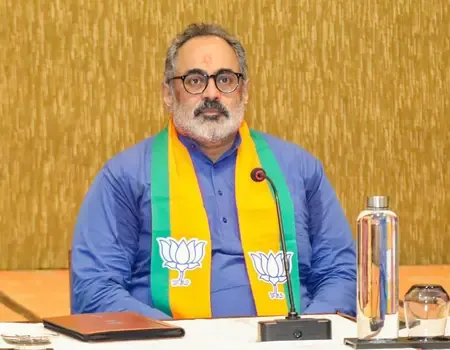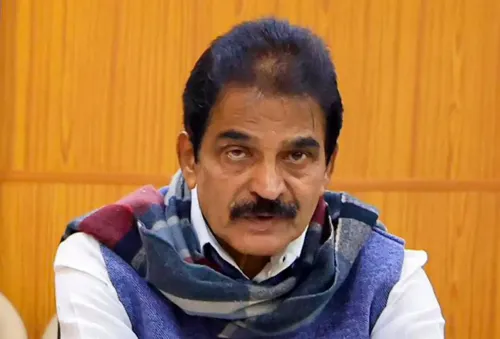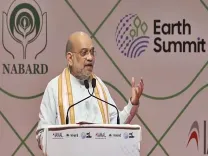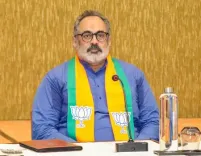What Steps is the Rajasthan HC Taking Against the State Govt for School Infrastructure Failures?
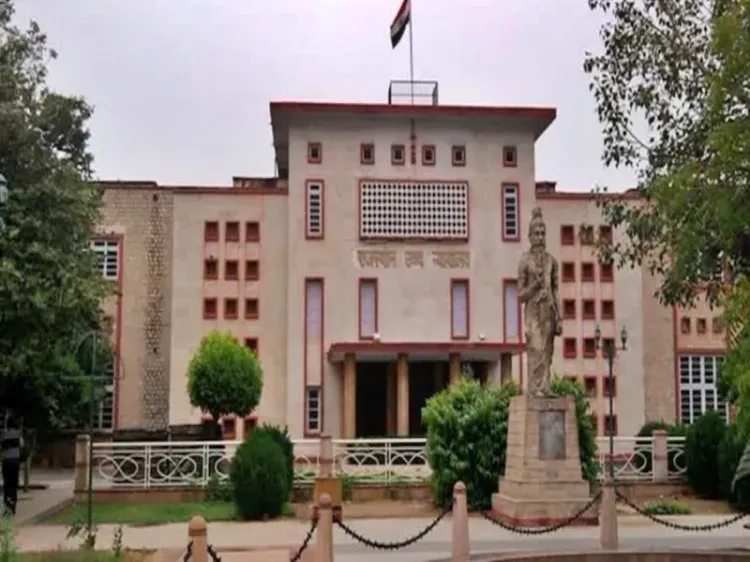
Synopsis
Key Takeaways
- Rajasthan High Court reprimands state government over school infrastructure.
- Action required beyond paperwork following a tragic accident.
- Independent oversight mandated for repair works.
- State must prioritize student safety and effective monitoring.
- Comprehensive action plan due by October 31.
Jaipur, Oct 15 (NationPress) The Rajasthan High Court has delivered a sharp critique of the state government regarding the deplorable state of school infrastructure throughout the region.
In light of a heartbreaking incident where students lost their lives due to the collapse of a school building in Jhalawar, the court stressed that necessary actions must extend beyond mere documentation and result in tangible improvements.
The bench, consisting of Justice Mahendra Goel and Justice Ashok Kumar Jain, raised concerns about how repairs could be executed with a budget of Rs 5 lakh, questioning the sufficiency of allocated funds for such critical school repairs.
Advocate General Rajendra Prasad presented an affidavit indicating that Rs 5 lakh had been set aside for the repairs of the most severely dilapidated schools, with completion anticipated by March 2026. Other schools are expected to see repairs finalized by November 2026.
However, the bench expressed skepticism, stating, “How can repairs be done for Rs 5 lakh? Lakhs are spent just on whitewashing. It seems the budget was allocated without any prior inspection.”
In defense, the Advocate General noted the government’s willingness to boost the budget if necessary and mentioned that 11.46 percent of the total school education budget has been earmarked for infrastructure improvements.
The High Court, dissatisfied with current oversight practices, mandated that an independent agency should oversee repair work instead of the Public Works Department (PWD), citing ongoing issues stemming from contractor negligence.
The court instructed all involved parties to propose potential independent organizations for the inspection role and reiterated the necessity for unbiased monitoring.
Furthermore, the bench remarked, “You speak of work, but nothing is visible on the ground. Even today, students are learning under tin sheds.”
Emphasizing the need for a systematic approach, the court ordered that schools across all districts be evaluated based on their condition to guarantee that repair work is conducted in a prioritized and structured manner.
The bench instructed the state government to deliver a detailed action plan by October 31, outlining timelines, budgets, and monitoring mechanisms.
Advocate General Prasad informed the court that additional funds from the central government are expected in November and requested time to present a comprehensive roadmap.
This matter is set to be revisited on October 31, with the court affirming its commitment to closely monitor the situation, prioritizing the safety of students above all.


